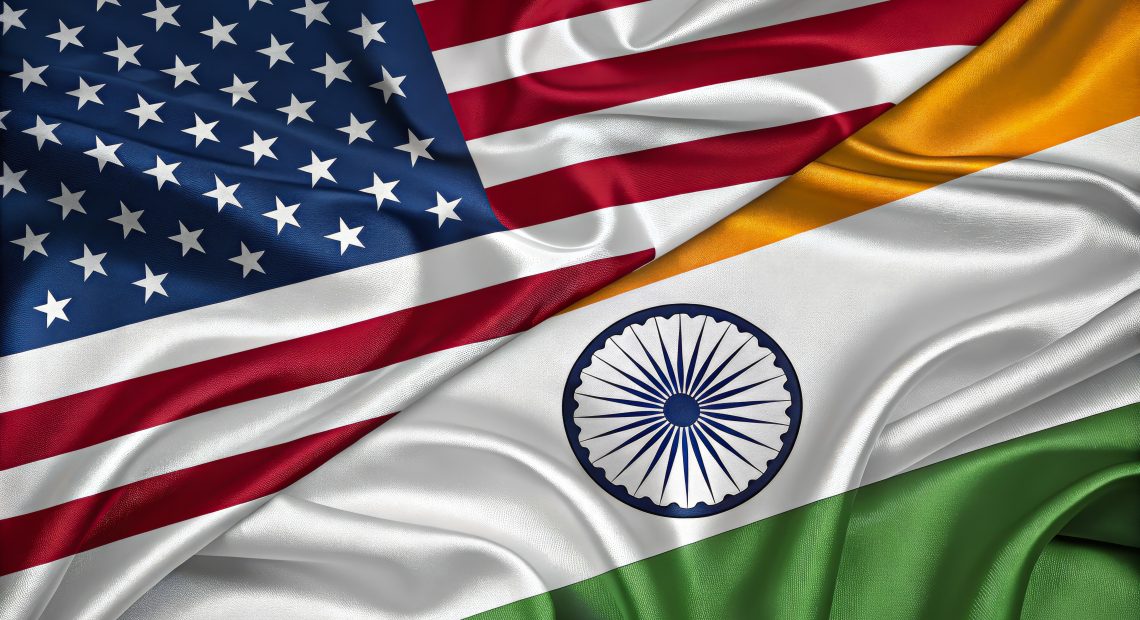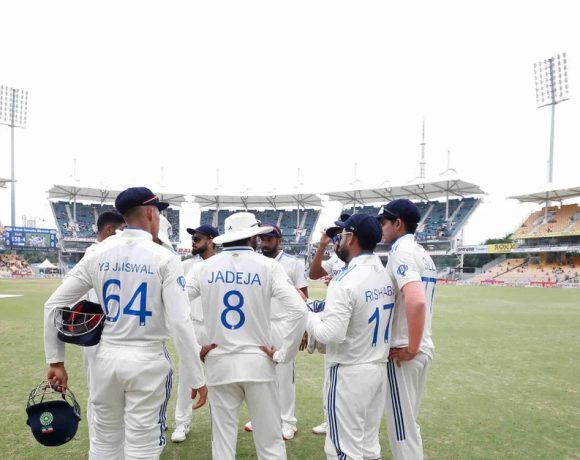
Peter Navarro: Soros’s Unexpected Gift to Trumpism
Donald Trump has built his brand on railing against “globalist billionaires” like George Soros. Yet the irony is striking: one of the chief architects of his economic nationalism, Peter Navarro, owes his rise to the influence of Soros’s financial network. Today, this unlikely paradox has turned its focus on India and Prime Minister Narendra Modi.
Navarro was once a fringe academic at UC Irvine, known for books like The Coming China Wars and Death by China. His warnings about Beijing’s rise were dismissed by mainstream economists as alarmist. His repeated failures in politics and academia seemed to seal his fate—until his work found unexpected amplification through Scott Bessent, the Chief Investment Officer at Soros Fund Management. Bessent, a trusted Soros protégé, introduced Navarro’s ideas into elite financial circles, giving credibility to a voice long ignored.
That connection altered Navarro’s trajectory. By the time Trump came to power in 2016, Navarro’s anti-China doctrine was ready-made for an administration hungry for an economic strategy. From steel tariffs to the trade war with Beijing, Navarro became the architect of “America First” trade policy. Yet beneath the nationalist veneer lay intellectual roots that traced back to Soros’s empire.
In Trump’s second term, the irony has deepened. Scott Bessent now serves as U.S. Treasury Secretary, and Navarro has returned to the policy frontlines. Two men shaped by Soros’s orbit are at the heart of Trump’s economic machine. And their sharpest criticisms today are aimed at India. Navarro brands India the “Maharaja of tariffs” and accuses it of being a “laundromat for the Kremlin.” Bessent echoes this, charging that India’s elites have reaped billions in profits from Russian crude arbitrage while dismissing New Delhi as “recalcitrant” in trade negotiations and “not a great global actor.”
This convergence is no accident. Soros himself has long criticized Modi, calling him a threat to democracy and linking him to oligarchs like Adani. Now, those same themes resurface in Washington’s corridors of power—not through liberal NGOs or think tanks, but through Trump’s own economic team shaped by Soros’s legacy.
The paradox is clear. Trump may claim to battle globalists, but his administration is influenced by figures molded in Soros’s shadow. For India, it means facing pressure from both directions: liberal institutions abroad and nationalist policymakers in Washington. In both cases, the Soros imprint lingers.
Peter Navarro, the firebrand of Trump’s America First agenda, is not an organic product of nationalist politics. He is, unexpectedly, a gift passed along from George Soros’s financial network—delivered via Scott Bessent. And now, with both men in positions of power, India finds itself squarely in their sights.
A Roadmap for India
India cannot afford to tiptoe around Soros’s shadow. The challenge is structural, and it will not vanish with a change of government in Washington. Figures like Bessent and Navarro are carrying Soros’s worldview into Trump’s cabinet, and they will not hesitate to use tariffs, sanctions, and rhetoric to box India in. The response cannot be meek.
New Delhi must build bipartisan relationships in Washington but also be willing to call out hypocrisy bluntly. India should not beg for validation—it should demonstrate that it has options. When the U.S. sees India leaning closer to China and Russia on trade and energy, the shock of potential defiance will force Washington to reassess. Playing the China and Russia card is not about abandoning partnerships, but about showing that India will not be bullied into compliance by Soros’s alumni dressed up as America First patriots.
India must also sharpen its communication, countering the stale narrative of being “authoritarian” by showcasing its democratic strengths. Simultaneously, it should diversify its economic alliances with Europe, Japan, and the Middle East, reducing reliance on American goodwill. Above all, India must project stability and confidence at home. Nothing punctures Soros’s narrative more than a resilient, growing democracy that refuses to play by rules written abroad.
The blunt truth is simple: Soros’s protégés can shout from Washington, but if India shows it cannot be cornered—and is willing to lean on other great powers to make its point—then even the loudest critics in Trump’s cabinet will have no choice but to take New Delhi seriously.


















